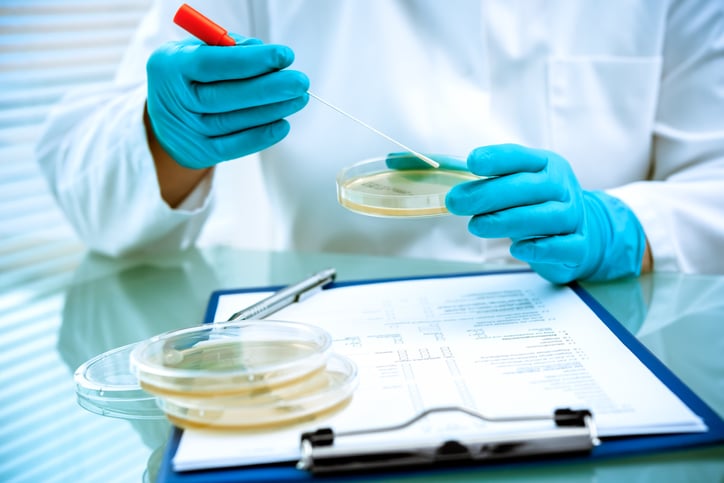Food product testing is an essential part of quality assurance in the food industry. It ensures that food is free of physical, chemical and biological hazards and, ultimately, that it’s safe for public consumption. By analyzing food and its content, you can check for the presence of contaminants such as metals, E. coli bacteria, salmonella, pesticides, additives, and more. Beyond verifying the safety of food products, testing also ensures that manufacturers remain compliant with regulations in the food industry. For example, nutritional labels need to be accurate, and ingredients need to be verified.
The Food Technology, Safety and Quality Diploma Program at AAPS will help you develop a hands-on approach to food safety and quality. The program covers the specialized knowledge and skills required to implement testing practices in the food and beverage industry today. Here’s a quick look at some of the skills you’ll develop with us.
Apply Your Analytical Skills During Food Safety Training
Any testing process requires analytical skills to determine the objectives and requirements of the test and interpret the results. As a professional in product testing, you’ll apply several methods to gain accurate information on the nutritional value and safety of the food. The most common types of food product testing include:
- Analytical Chemistry Testing: chemically separate the different components of a food product for analysis
- Microbiology Testing: analyzing for foodborne microorganisms that contaminate products
- Nutrition Analysis: determining the nutritional composition of food to create the product’s label

Understand the most common methods of food product analysis with food safety training.
To support the development of key analytical skills, AAPS covers the basic principles of product analysis along with methods in the operation, calibration and maintenance of chemical analysis instruments found in labs. Through a combination of theory and hands-on laboratory experiments in our food safety program, you can develop the analytical skills to perform and interpret accurate tests.

Develop an analytical mind for conducting different tests after food safety training.
Develop Attention to Detail
The food and beverage industry is bound by regulations and standards surrounding quality assurance. For example, all processors in Canada must follow the procedures outlined in the Food and Drug Regulations, which are enforced by the Canadian Food Inspection Agency.
Having knowledge of regulations like these can protect food manufacturers as they develop and distribute new food products. They can have the foresight to reduce–or eliminate–any risk of customer complaints, recalls, or even legal action. Attention to detail, therefore, is an essential skill for safe and accurate product testing. Students in food safety training at AAPS will develop a strong attention to detail through courses in hygienic practices, requirements for sanitation in food testing facilities, and food regulations (SFCR, BRC, GMP). With a keen eye, you can keep regulations front of mind and closely follow the necessary steps involved in food testing.

Pay close attention to regulations and hygienic standards during product testing.
Gain Technical Knowledge of Product Testing
Our integrated approach gives students the technical foundation to develop, implement, and maintain a food safety program using tools such as GMPs and HACCP. Having technical knowledge of these product testing tools will help you ensure that food products comply with national and international safety and quality standards. For example, students will cover the methods and tools used for:
- Mass and volume measurements
- Viscosity
- Polarimetry
- Visible and ultraviolet spectroscopy (UV Vis)
- Infrared spectroscopy (FT-IR)
- High-performance liquid chromatography (HPLC)
With technical knowledge of the chemical process involved in food testing, you can be ready to implement industry best practices for the identification, prevention and control of food contaminants.
Are you ready to advance your career with a food technology diploma?
Contact AAPS to get started.




